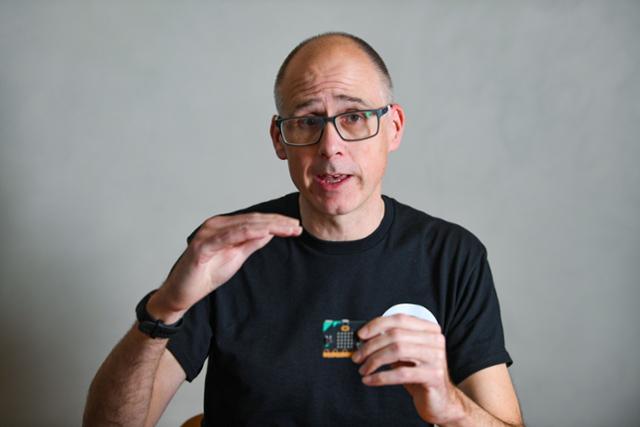
Gareth Stockdale, CEO of the BBC’s Micro:bit Educational Foundation, holds up a chip from Micro:bit as he explains the goal of coding education at Smilegate Campus (Bundang-gu, Seongnam-si, Gyeonggi-do) on November 2.
“Is coding really that important? Why should we learn coding?”
“Not everyone needs to learn coding to become a developer. We are in an era where software utilization skills have become a requirement, and we should be able to utilize these skills creatively.”
This was the response from Gareth Stockdale, CEO of Micro:bit Educational Foundation, founded by BBC, when asked about the importance and purpose of coding education.
Micro:bit Educational Foundation is a non-profit digital educational foundation founded by the BBC in 2016 with 29 partners including Microsoft, ARM, and Samsung Electronics, and CEO Gareth Stockdale is an education expert who was formerly in charge of operating ‘BBC Learning’, which utilizes BBC content for learning purposes. He has been the CEO of Micro:bit Educational Foundation since 2018.
On November 2, Hankook Ilbo met with Gareth Stockdale, who was visiting Korea to sign a business agreement with the Korean Foundation for the Advancement of Science and Creativity, at Smilegate Campus in Seongnam to listen to his vision for the ideal direction of coding education.
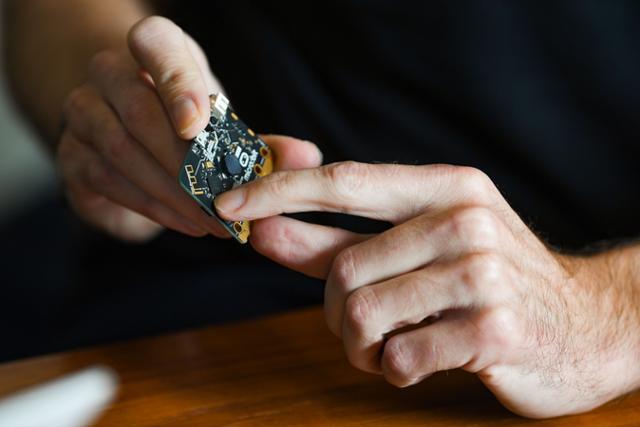
Gareth Stockdale, CEO of the BBC’s Micro:bit Educational Foundation, holds up a chip from Micro:bit as he explains the goal of coding education at Smilegate Campus (Bundang-gu, Seongnam-si, Gyeonggi-do) on November 2.
The UK was one of the countries that quickly integrated coding into its public education system. The UK restructured its public education curriculum and has been teaching simple programming to children above age four since 2014, four years ahead of Korea. From the first year in elementary school, children are taught the definitions and execution methods of programming algorithms, and starting in middle school, they learn at least two programming languages.
But integrating coding education throughout the public education curriculum was not an easy task, even for a developed country like the UK. Stockdale stated, “Coding education was first implemented as an elective around 2011~2012, but a BBC survey conducted on teachers in elementary, middle, and high schools at the time revealed that more than 75% of the respondents were non-computer science majors.” He added, “It was a lot to handle for both the teachers and the students, who were both unfamiliar with coding at the time.”
Micro:bit Educational Foundation was developed by BBC to overcome such difficulties. A Micro:bit is a mini computing board with dimensions of 5 cm x 4 cm. It features 25 LEDs, two buttons, a compass, a motion recognition sensor, a gyro sensor, a thermometer, a speaker, and a Bluetooth module, along with other components. Users can easily write source code to create any digital device they desire, from fire alarms to robots. It is essentially a computer version of the ‘science kits’ that children who dreamed of becoming scientists used to have.
Stockdale stated, “People often think of coding as something abstract on the screen… but we have brought something that can’t be touched into reality so that even children can easily learn and understand.”
Over 1 million units of Micro:bit have been manufactured and distributed nationwide in the UK, with over 6 million units being manufactured and distributed globally, reaching 25 million students in 65 countries. Each unit sells for USD 19, or around KRW 25,000. The foundation maintains a low price tag for this non-profit product to provide educational opportunities even for children from low-income households and developing countries. As technology develops faster, the technological gap between developed countries and developing countries should widen, but Micro:bit is essentially providing an opportunity even for students from developing countries to utilize software in daily life.
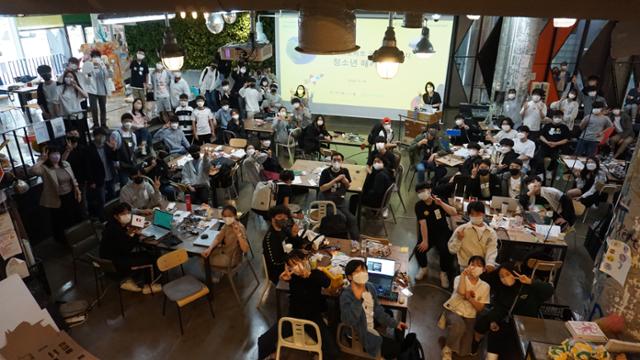
Children and youth participants working on their projects at the Micro:bit Global Challenge (MGC) held at the Smilegate Future Lab (Bundang-gu, Seongnam-si, Gyeonggi-do) on November 5 (Pictures provided by Smilegate).
Since 2019, the foundation has hosted ‘Do your :bit,’ a coding competition where children pursue resolutions to social issues through coding. In Korea, the foundation hosts the ‘Micro:bit Global Challenge,’ a preliminary contest for the Asia-Pacific region, through the Smilegate Future Lab. The Future Lab is an organization founded by Smilegate and operated by the social contribution foundation Hope Studio, and it focuses on building an environment and culture for creativity to help children grow into happy members of society. In this year’s competition, there were 10,925 participants from elementary, middle, and high schools, and the ‘Cathouse Project’ (Na-gyeong Kim and Eun-ji Noh from Chungam Middle School in Seoul), which determines the movement path of stray cats and controls the number of stray cats through neutering and adoption by installing Micro:bits capable of detecting weight in cat houses, won a prize in the main competition.
Stockdale emphasized, “Every year, we get brilliant ideas, from projects solving global issues such as the COVID-19 pandemic and climate change to revealing regional characteristics such as safety for women.” He added, “We hope that children can gain confidence in their ability to resolve large issues in our daily lives through digital technology.”
Stockdale’s idea is also consistent with the vision of Professor Mitchel Resnick of the MIT Media Lab, who is known as an ‘expert on creative learning’. Professor Resnick has emphasized the importance of low entry barriers, high ceilings, and wide walls for creative learning. This vision aims for education where even novices can get started easily (low entry barriers), and where students can engage in more complex projects over time (high ceilings) and attempt various projects related to their interests and passion (wide walls).
Stockdale said, “Simply learning software technology for functional purposes would result in lackluster capabilities in creating new services and products.” He continued, “Having fun is the most important factor when it comes to education, and it is important for us to create opportunities for children to explore how to resolve issues in our daily lives through coding.”
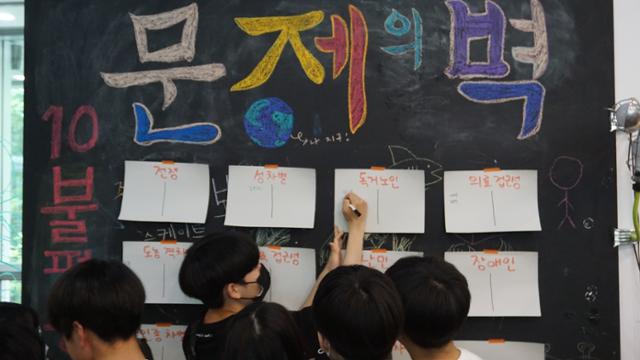
Reporter Seung-yeop Lee (sylee@hankookilbo.com)
※ Source: “The Profound Coding Philosophy of the BBC in a chip just Half the Size of Your Palm, for Nineteen Dollars,” published by Hankook Ilbo on November 13, 2022
ⓒ Hankook Ilbo. All rights reserved.



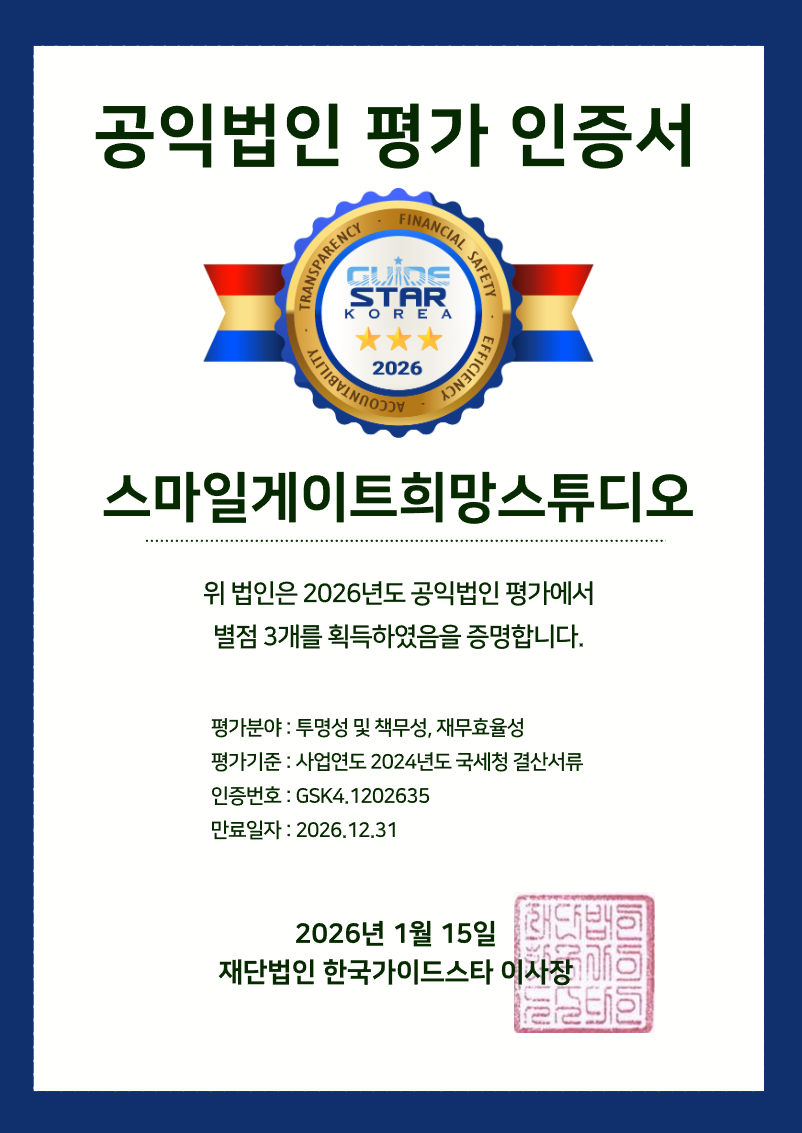
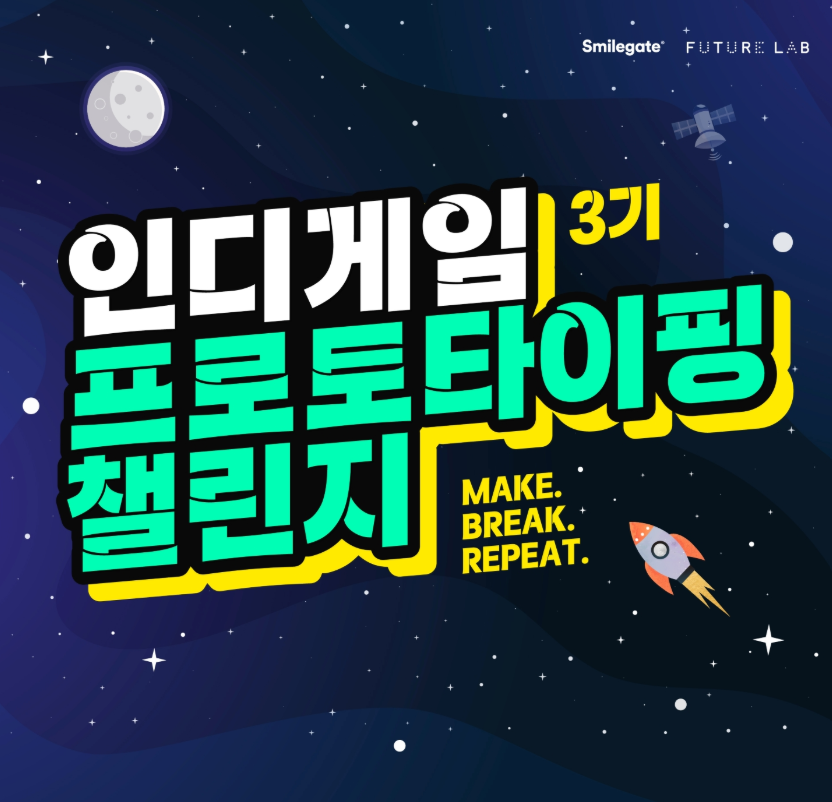


 TOP
TOP
